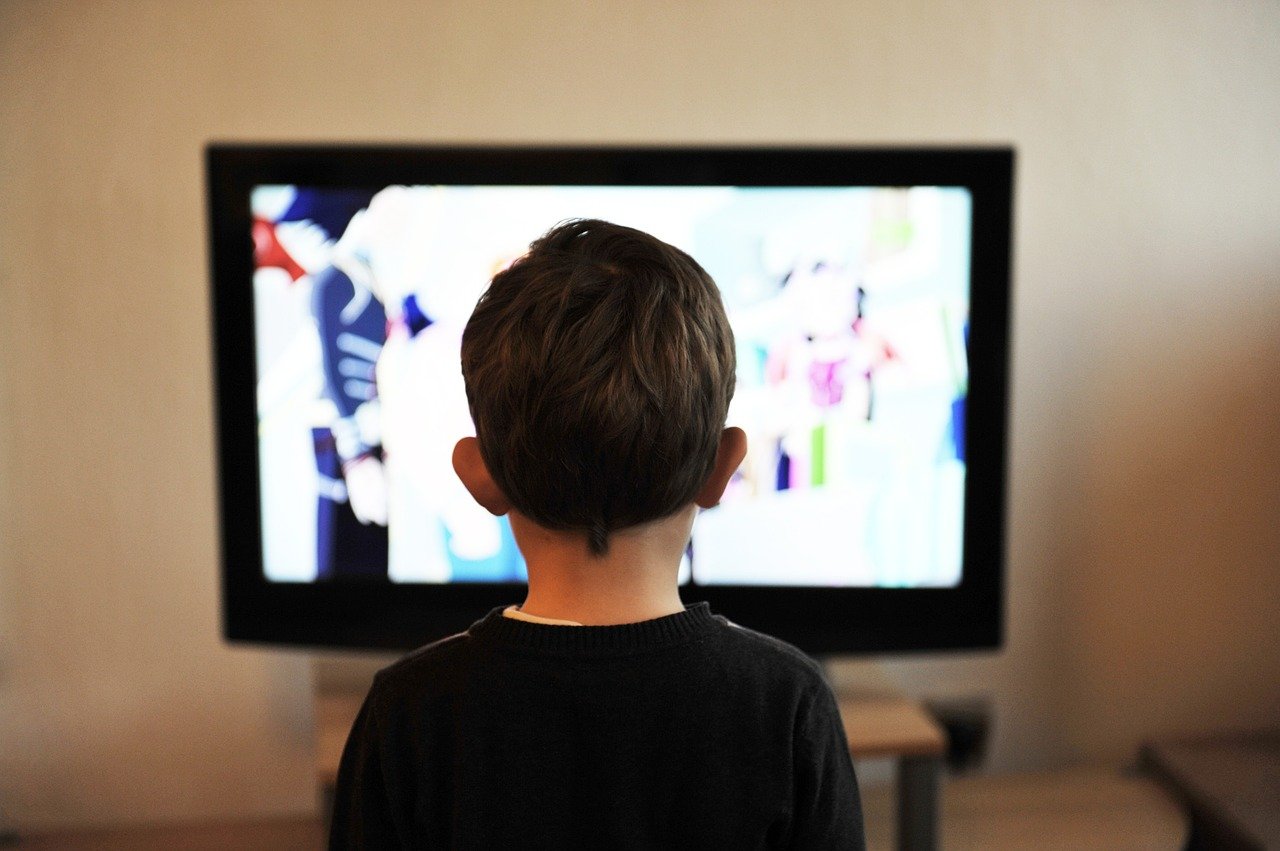Watching shows and movies on the television is a favorite pastime for many Filipinos. It is also an activity enjoyed together by the entire family. However, watching TV for long hours every day can have a negative impact on the wellbeing of children and adults alike.
Excessive TV watching has been linked to obesity in children and adults for quite some time now. According to one study[1] published in the journal Pediatrics, TV watching contributes to the development of childhood obesity because it promotes a sedentary lifestyle while also encouraging poor dietary habits.
The troubling part is that obesity can also increase your or your family’s risk of developing serious health conditions like hypertension, type 2 diabetes, and gallbladder disease. Additionally, some TV content depict violent behavior or inappropriate language that can influence kids. If kids are left unsupervised, they could end up imitating what they see on TV.

All these considered, it’s a good idea to assess your television viewing habits at home and what changes you can implement. It’s great to be able to get a good deal on a TV set from an appliances store that has plenty of televisions for sale, but you have to be smart in using it as well. Carefully consider how your new appliance can affect your family’s health, and use it to instead foster TV watching habits that are beneficial to your overall well being. To ensure you are on the right track, here are some tips you and the rest of your family can follow.
Limit Screen Time for Everyone
One of the best ways to have a healthy TV viewing regimen is by limiting the time you spend in front of your television in the first place. The same goes for your children, who’ll also need supervision not just with the amount of time they spend watching TV but also with what sort of content they are consuming.
According to the American Academy of Pediatrics (AAP), the recommended screen time for children aged two and older is one to two hours a day, while those younger than two years old should not be consuming any digital media at all. As an alternative, you can encourage your child to consider other activities, like playing board games or engaging in sports.
On the other hand, adults are advised to spend less than two hours per day watching TV or using their digital devices outside of their work. This is according to health experts from the National Heart, Lung, and Blood Institute.[2] Instead, adults can find activities that promote a healthy body and mind, whether it’s reading a book, gardening, doing yoga, or something else. Apart from health reasons, limiting your screen time also lets you set a good example to your children.
Schedule Your TV Hours and Make Time for Other Activities
Similar to following the recommended screen time, you can set the tone for healthy television watching habits at home by setting some rules on when family members can watch TV. You can set a family TV schedule when the entire family can spend time watching a show or a movie. Once the program is over, make sure to turn off the TV as well.
During mealtimes, turn off all screens—including those of handheld devices—to eliminate distractions. This will allow you to focus on your meal and in communicating with one another. It helps promote conversations amongst family members while also allowing you to keep abreast of your children’s activities in school and elsewhere.
To help your children focus on their schoolwork, you can impose a TV ban on weekdays as well. Having said that, it is best to keep TVs, tablets, and other screens out of your children’s bedroom. This will also help encourage them to engage in other activities that don’t involve their gadgets.
Monitor the Content Your Children Watch
Children are impressionable and will often mimic what they see on TV, so it’s important to carefully select the programs your kids watch. It’s a good idea to plan or preview what they intend to see. You can also watch the shows with your children so you can see for yourself how they’ll react to the program. Afterward, you and your children can talk about what’s good or bad about it. Watching shows or movies with your children can also give you an opportunity to share your thoughts about the program, as well as answer any questions your kids might have about them.
Additionally, not all programs scheduled in the daytime are appropriate for children. Some talk shows or soap operas tend to showcase behaviors that are unfit for younger audiences. The same goes for animated shows or cartoons. Keep in mind that some animated content actually contain themes that revolve around violence, sex, or inappropriate language.
Choose Healthy Snacks
It’s so easy to consume a pint of ice cream in one sitting or munch on greasy chips when you are distracted by your favorite TV shows. This circles back to our first point about how TV watching can sometimes lead to poor dietary habits.
Naturally, the best solution is to find healthier alternatives to junk food that you can snack on while watching your favorite content. When you feel like snuggling down on the sofa, do it with a bowl of fresh fruits or some carrot stick instead of sugary, salty, and fatty snacks. When you are craving something savory, you can still indulge in salty treats but do it in moderation. Measure a single portion of the snack and then put the bag away. Better yet, instead of opening a bag of potato chips, consider making popcorn from scratch and serving it with just a dash of iodized salt.
Watching TV together can be a great bonding activity for many Filipino families, but doing so for much longer than experts recommend can be detrimental to your wellbeing. To avoid the harmful consequences of watching TV, you must start developing better TV viewing habits. You don’t even have to make abrupt changes in your routine; they can be gradual until you become used to them. Eventually, they’ll become second nature to you and the rest of your family.
[1] https://pubmed.ncbi.nlm.nih.gov/21708800/
[2] https://www.nhlbi.nih.gov/health/educational/wecan/reduce-screen-time/index.htm





